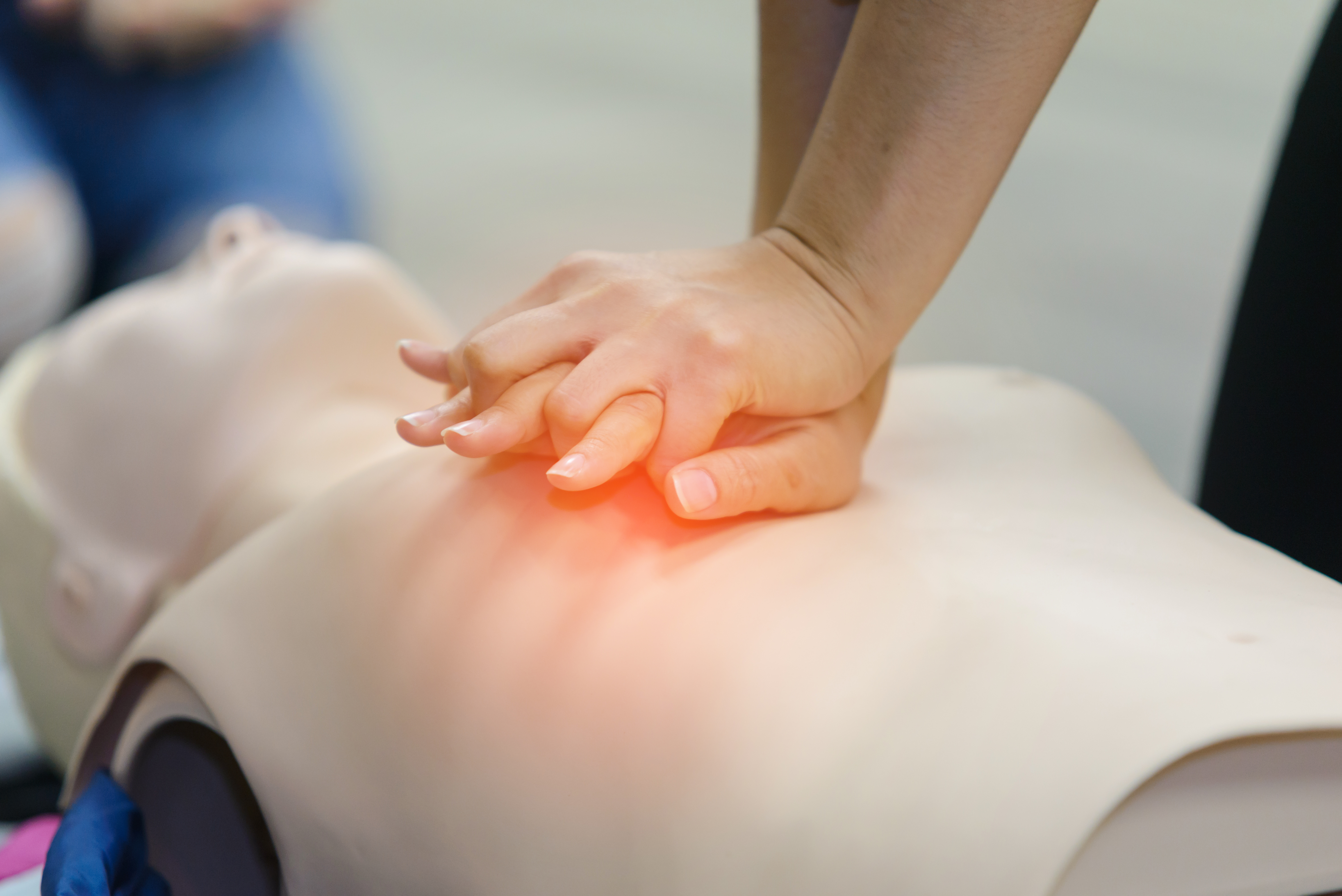Turning basic life skills into “Basic instincts”

Commonly known as the ‘Kiss of Life’, the method of mouth to mouth resuscitation has come a long way and saved many lives since it was first conceived in the 1950’s. Discovered by chance as a medical graduate (called Guy Knickerbocker) attempted to keep a dog alive by pumping on its chest and breathing air into the mouth; yes, strange name and even stranger to perform on a dog. Yet, it has become a vital part of emergency medical care, with children now being taught it at a young age in schools.
Now, more than ever, it is becoming increasingly important for members of the general public to know basic life support skills, such as mouth- to-mouth. Over the past 6 months alone a large number of young sportspeople in Northern Ireland of ages ranging from 13 to 22 have collapsed and tragically died whilst playing sport.
Many of these deaths are sudden and come without warning. Hard to detect cardiac issues such as Sudden Arythmic Death Syndrome (SADS) can affect people of all ages and don’t only occur during sports but can strike during sleep, making basic life support training essential.
At Kingsbridge Training academy we want to help educate the public and ensure as many people, whether a professional in the health industry or just a member of the public, are trained and capable should these skills ever be needed, which is why we are running Basic Life Support and AED training courses throughout each year.
To give an idea of what is involved, below is the basic chain of survival for life support:
- Step 1: Recognise the signs of distress and call for help to prevent cardiac arrest.
- Step 2: Perform Early CPR to buy time.
- Step 3: Early defibrillation to start the heart – during the course you will be taught how to use an AED.
- Step 4: Post resuscitation care to restore quality of life.
Our courses are run at the Kingsbridge Training Academy Headquarters or can be delivered in-house. It is the highest quality of training, which is delivered by experienced and qualified medical professionals. The course is designed for all skill levels from beginners to trained medical practitioners.
If you or a family member are interested in learning basic life support skills and how to properly use an AED, please call us on 028 9073 5273.
